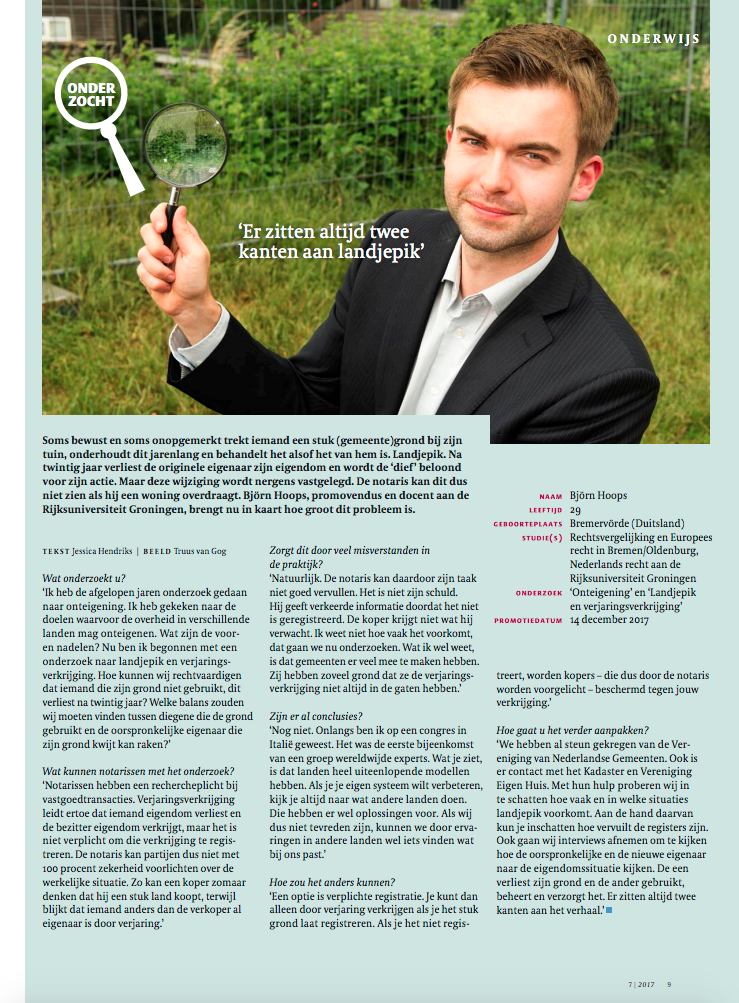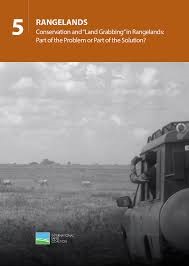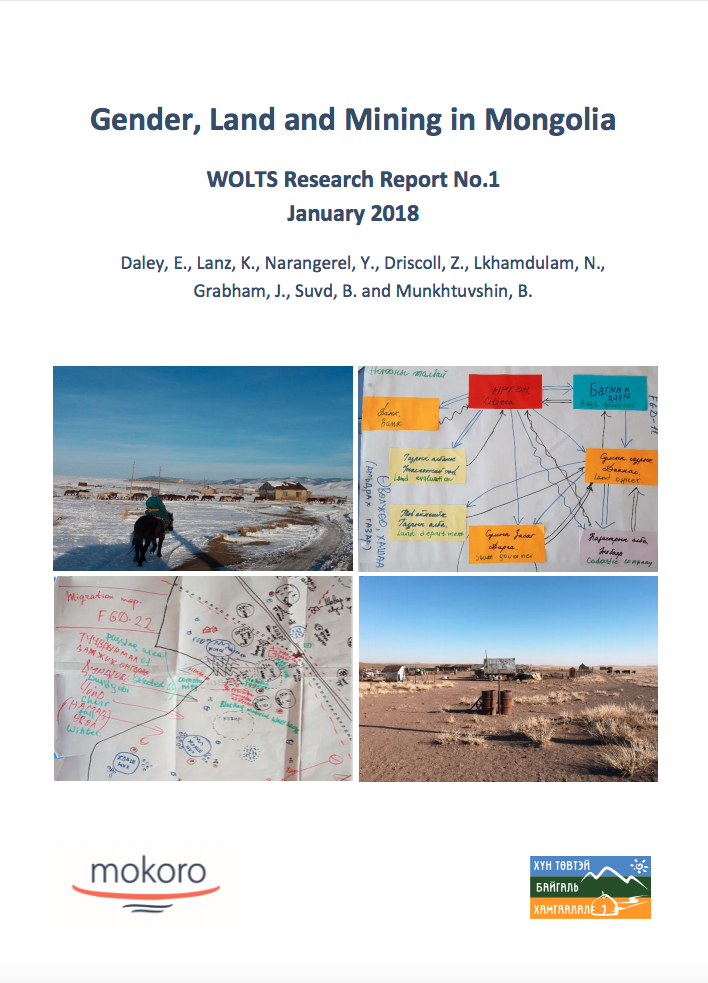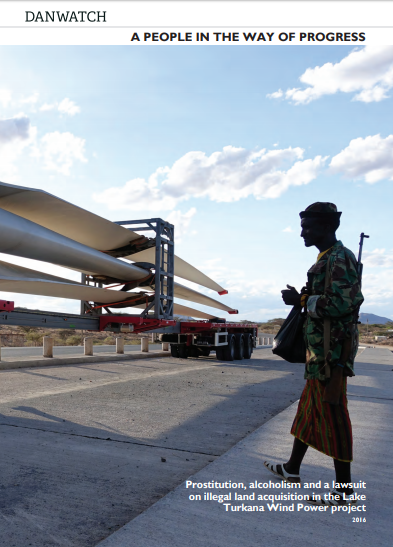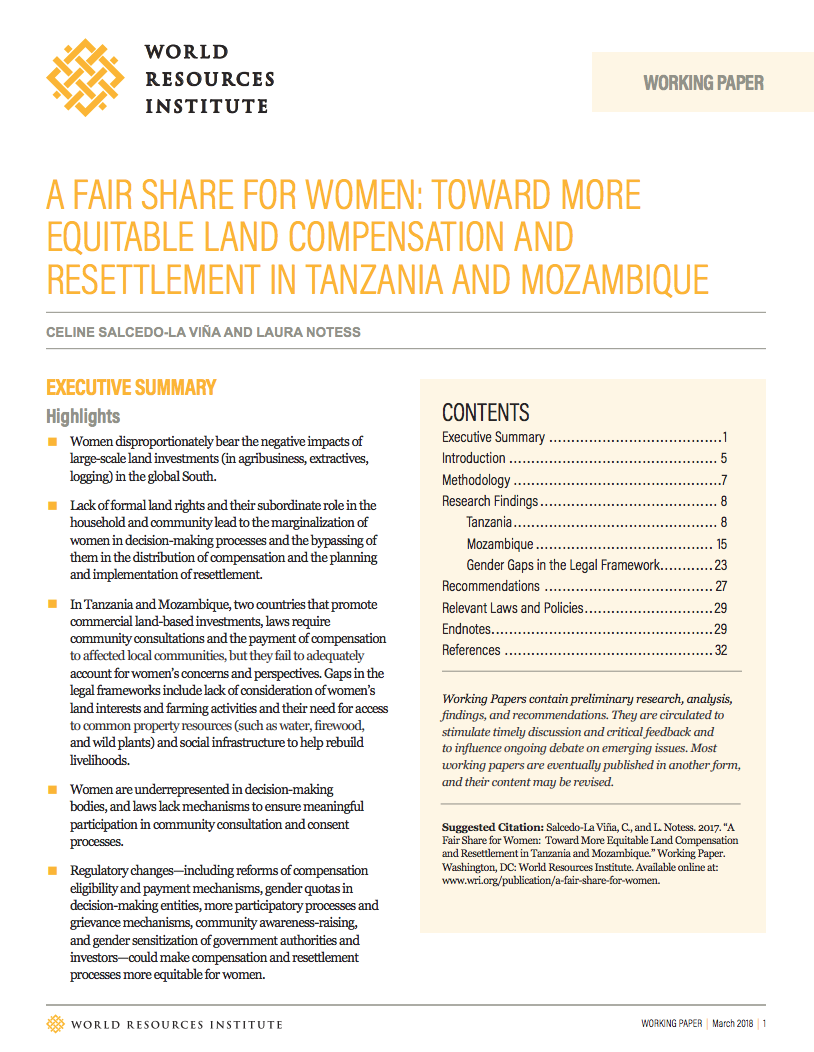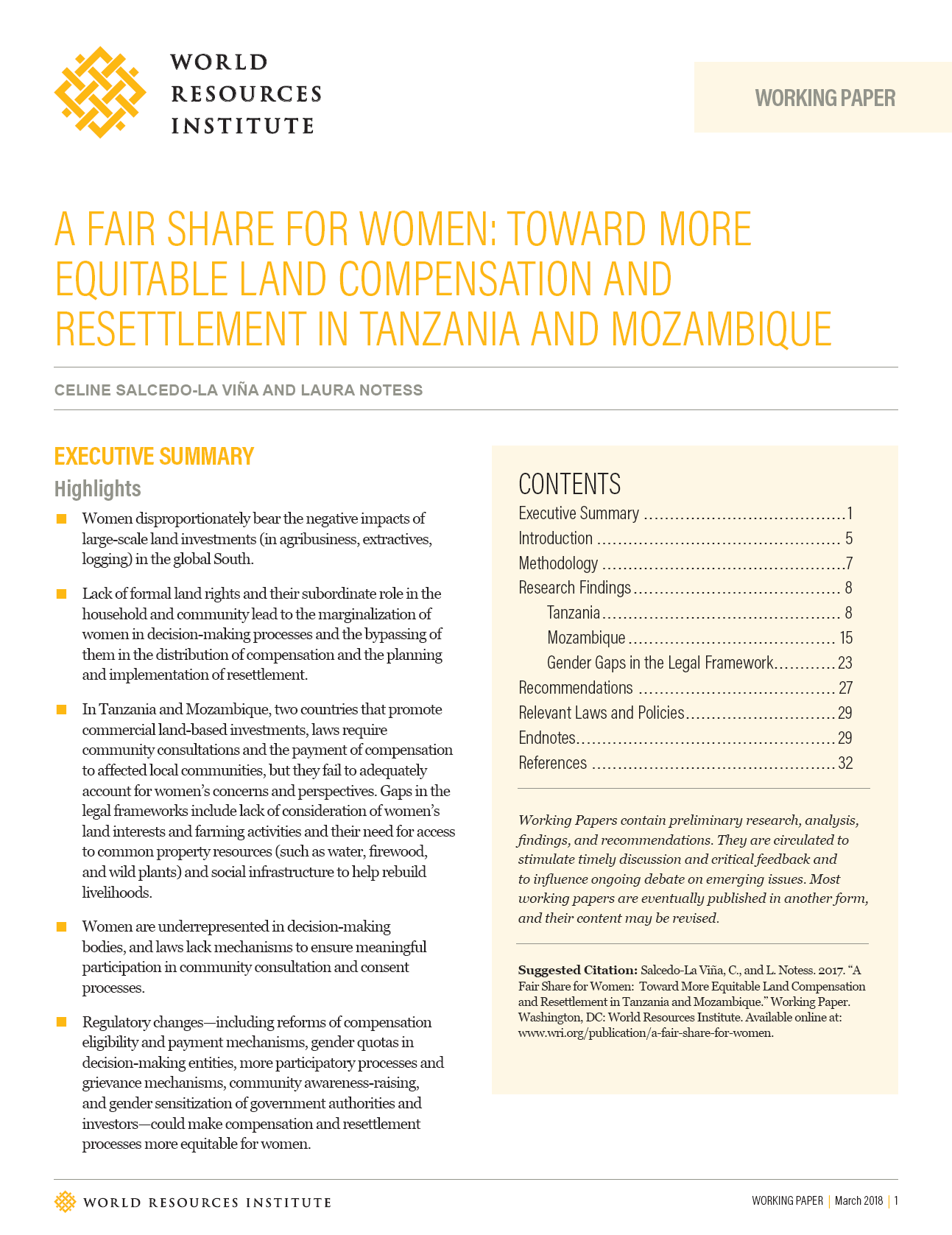Land acquisition for and local livelihood implications of biofuel development in Zimbabwe
In recent years,proponents of 'green and clean fuel' have argued that the costs of overreliance on fossil fuels could be reduced through transition to biofuels such as bio-ethanol. Global biofuel discourses suggest that any transition to biofuel invariably results in significant benefits, including energy independence, job creation, development of agro-industrial centres at local level and high revenue generations for the state with minimum negative impacts on the environment.



